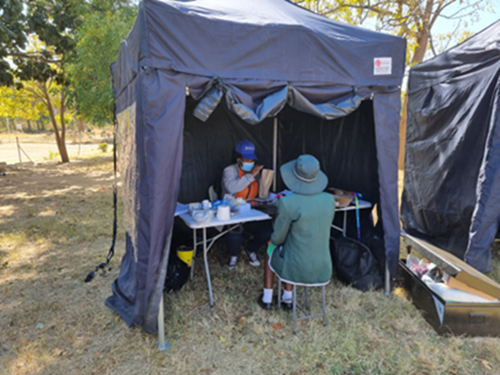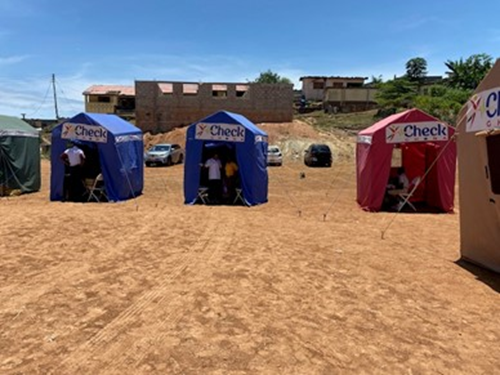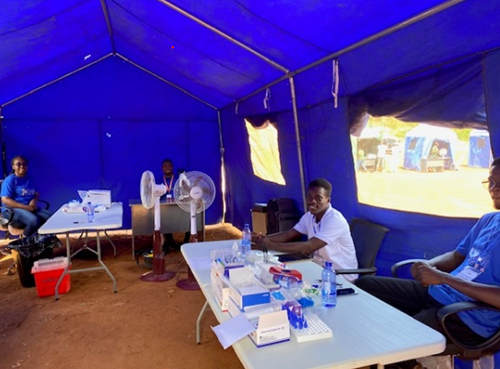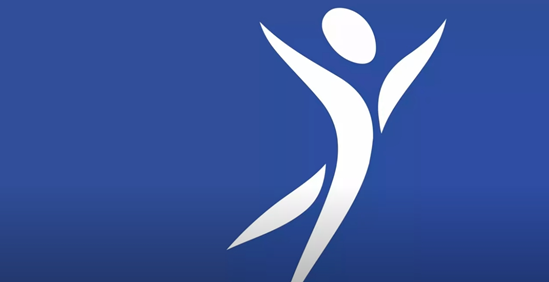Y-Check: adolescent health and wellbeing check ups

About the project
The Y-Check research program designs and tests a novel intervention that delivers a check-up for priority conditions and behaviours and provides on-the-spot care and/or referral where needed on two occasions in adolescence. During the check-ups, it also provides health promotion information and materials to support positive behaviors and healthy lifestyles. Our study takes place in three African cities: Cape Coast in Ghana, Mwanza in Tanzania and Chitungwiza in Zimbabwe.

Why we need Y-Check
During adolescence, behaviours are initiated that will have substantial impacts on the individual’s short-term and long-term health and well-being. However, adolescents rarely have regular contact with health services, and available services are not always appropriate for their needs.
Study objectives
Objective 1
Develop and pilot test a check-up programme for adolescents that screens for important preventable and treatable health conditions and behaviours using accurate and acceptable screening tests and provides locally accessible effective interventions.
Objective 2
Through a prospective intervention study in selected schools and communities to:
- Estimate short-term impacts on adolescent health and well-being outcomes: clinical outcomes, health-related knowledge and behaviours, intentions, agency and perceived social support for behaviour change; engagement with health services.
- Understand, through process evaluation, the feasibility and fidelity of implementation, the acceptability and uptake of the intervention and the influence of context.
- Estimate the cost-effectiveness of the programme in reducing overall disease burden and improving adolescent well-being.
Objective 3
Obtain information on key parameters needed for the planning of a next phase evaluation study: prevalence of health conditions and behaviours, acceptability of referral, feasibility of following-up programme participants and delivering quality follow-up care, initial estimates of the impact of the programme on longer term health, educational and well-being outcomes based on the short-term implementation and effectiveness outcomes observed in this phase of the research programme, and factors related to the optimal implementation of the Y-Check intervention.
Objective 4
To refine the programme and its Theory of Change, and finalise optimal methods for the measurement of the impact of the programme in future studies.
Methods

This is a multi-country prospective hybrid intervention-effectiveness study, with a mixed-method process evaluation. The intervention involves screening, on-the- spot care and referral of adolescents through health check-up visits.
In each city, 2000 recruited adolescents will be screened in schools or community venues. Adolescents are followed-up at 4-6 months. The study assesses the effects of Y-Check on knowledge and behaviours, as well as clinical outcomes and costs. Process and economic evaluations investigate the acceptability, feasibility, uptake, fidelity and cost effectiveness.
Our study sought to identify an evidence-based screening package customized to context. Please see Figure 1.
Figure 1: Schematic illustration of the decision-making process for including conditions in the Y-Check screening program

Notes. DALYs= Disability-adjusted life years. Location: On-site= school/community venue; Off-site= health facility and/or lab facility.
The intervention package is delivered across 5 stations. See Figure 2.
Figure 2: Illustration of five stations delivering Y-Check

Our commitment to ethical research
Ethics and dissemination Approval has been received from the:
- WHO (WHO/ERC Protocol ID Number ERC.0003778)
- Ghana Health Service (Protocol ID Number GHS-ERC: 027/07/22)
- The United Republic of Tanzania National Institute for Medical Research (Clearance No. NIMR/HQ/R.8a/Vol.IX/4199)
- The Medical Research Council of Zimbabwe (Approval Number MRCZ/A/2766)
- The LSHTM (Approval Numbers 26 395 and 28312).
Robust procedures are in place for consent and disclosure. Data will be deidentified and anonymized and placed in an open access repository. More details can be found in the resources below.
Video
Slides
Scaling up Y-Check in collaboration with UNICEF
Collaborators
- World Health Organization, Biomedical Research and Training Institute, Mwanza Intervention Trials Unit, London School of Hygiene and Tropical Medicine, University of Ghana
- PI: Banati P. (WHO) Co-PIs: A.M. Doyle (LSHTM), S. Kapiga (MITU), R. Ferrand (BRTI), B. Weobong (UGSPH), H. Weiss (LSHTM), D.A. Ross (Univ Stellenbosch), V. Baltag (WHO).
- Y-Check team: Nzvere F, Glozah F, MPhil, PhD, Nsanya MK, MD, MSc, Greco G, PhD MSc, Ferrand RA, PhD MBBS Doyle AM, PhD, Adongo PB, MA, PhD, Adde KS, MPhil, Agbeno E, FGCS, MPH, MBCHB, Akweongo P, MA, PhD, Bandason T. MSc, Bernays S PhD MA, Chingono R PhD, Dziva Chikwari C PhD, MSc, BSc, Dauya E MPH, Derry S, PhD, Koka E, MPhil, PhD, Mackworth-Young C, PhD MSc, Manyau S MSc, Owusu BA, Sedekia Y, MPHDC, PhD, Taylor-Abdulai H, MPH, MPhil, PhD, Tembo M PhD
Funders: Fondation Botnar, UKRI
Links to country research pages
Links to resources
(2024) Reaching adolescents with health services: Systematic development of an adolescent health check-ups and wellbeing programme in Ghana (Y-Check, Ghana) (PLOS One)
(2021) Designing Routine Health Checkups for Adolescents in Zimbabwe (Journal of Adolescent health)
Link to research tools

